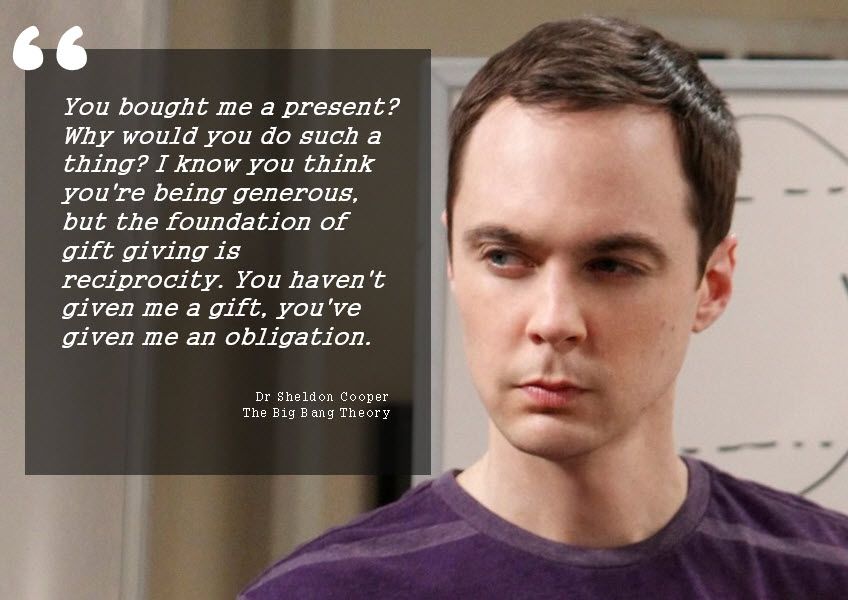The Act Of Gifting- A Present Or A Curse?
Jun 14, 2019 • 67 views
Gifts are never “free”. They come with strings attached to them which binds itself to the receipts. All gifts irrespective of their background carry reciprocal expectations with them. When a person gives a gift, he/she is also giving a part of him/her, therefore it becomes essential to make a return. In the society we live in, it’s essential to establish a network of relationships and gift-giving is a process of maintaining these social relations. However, a gift expects a counter-gift.This act of reciprocity, though necessary for strengthening bonds, can beholden a person in unfortunate ways, for a gift can be altruistic and voluntary as well as calculative and indebting.

There no getting rid of the obligation attached with gifts: if you accept the gift that means you are now in the game of gifting and counter gifting. Therefore, the concept of reciprocity can be seen as a curse by taking the following example of a certain society. In the Samoa (Polynesian society), the gift is associated with honour and prestige called the “Mana”. The Taonga is the gift given, containing a spiritual force, a soul of the person who gifted it, this is known as hau. This hau travels with taonga as it passes from one person to another. This taonga attaches itself to each person until “they reciprocate an equivalent or superior value from their own belonging, their taonga. That means that unless they make a return gift, the hau or soul shall cling on to them. ("The Gift"(1925),Marcel Mauss).The basic objective behind the circulation of the gifts in these Polynesia societies is that they are marked with a guarantee, that they will be reciprocated. Inability to reciprocate would lead to adverse consequences for him. It is the face (the honour, prestige) at stake here and that is why reciprocity is so crucial in these societies. In case, the recipient is unable to make a return, he stands to lose his reputation and stature forever.
An interesting example of a gift can be -Organ donation. Like all other gifts, this one is also not free from the bondage of reciprocity after all this is the ultimate gift anyone could receive-“the gift of life” Though organ donation can be judged as an act of charity, it is believed that the recipient remains forever indebted to the donor. This is because the gift of an organ is something which cannot be reciprocated in kind. The recipients experience a sense of guilt for they know that a healthy body was cut open for their sake or they are alive today due to someone else’s death. The recipients feel obliged to recompense to express their gratitude and overcome their guilt. However, the recipient cannot compensate the donor with an organ, one cannot give a kidney in return of a kidney. The major obstacle in the way of reciprocation is firstly -the condition of anonymity which is maintained between the two parties. Repayment to anonymous donors is not possible, for they realize that the gift they have received is beyond any reciprocation. The donors and their family must remain satisfied with the thought that in case they need an organ in future someone else would be willing to donate.
The recipient remains entangled in the web of receiving and reciprocating. He can get out of it only if he reciprocates with a gift of higher value. In the scenario of organ donation, even that is not possible for nothing can be higher than the value of life. The obligation to reciprocate is a paradox, for it is inevitable and impossible at the same time. Receiving a gift redeems person, but the necessity to reciprocate it dooms him. Therefore it remains debatable whether the act of exchanging gifts is a "gift" or is it a curse?

